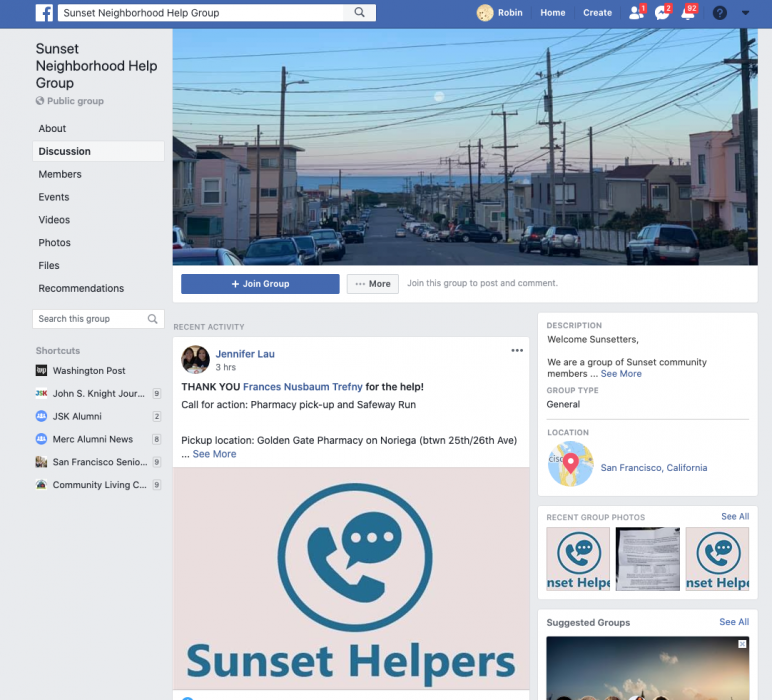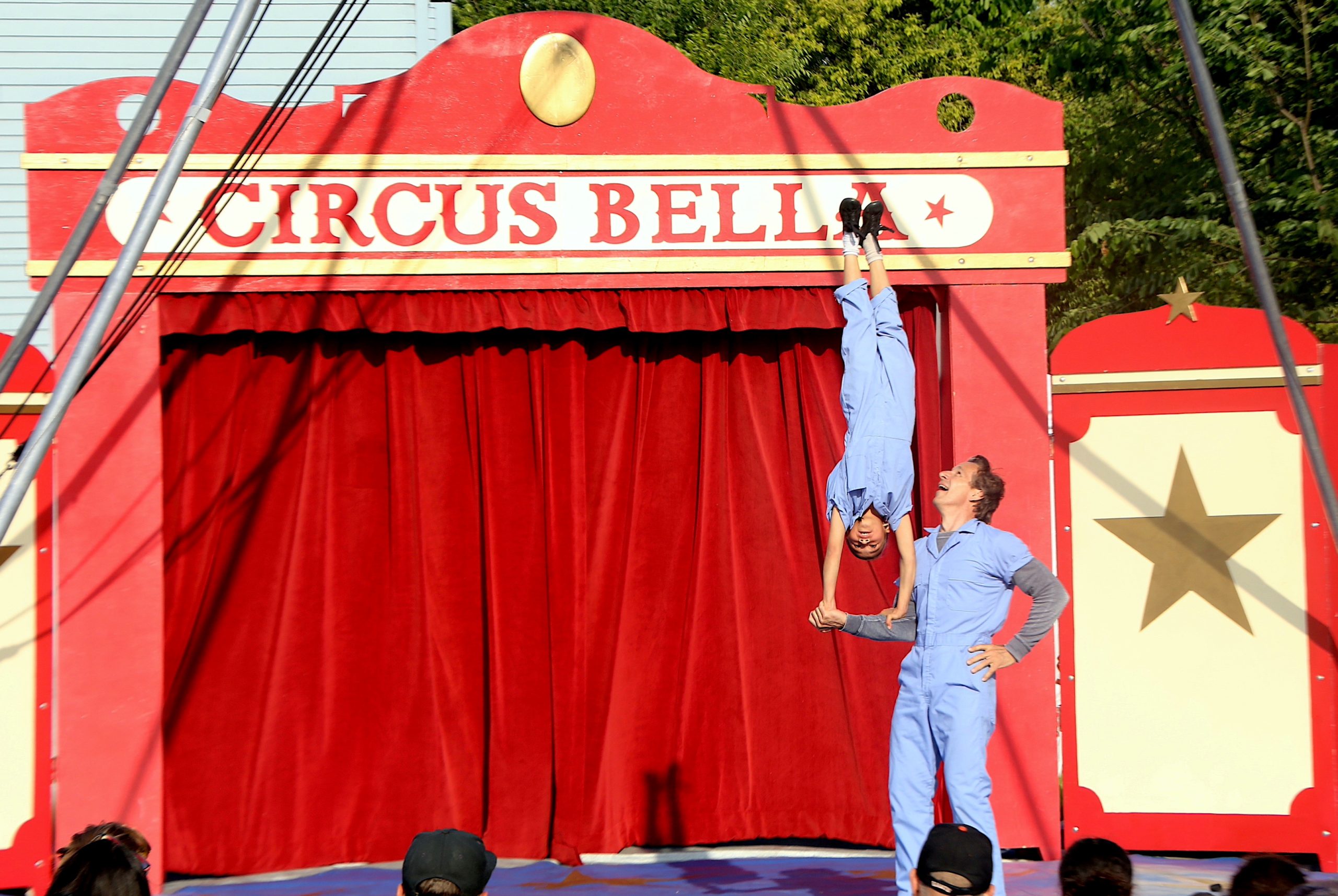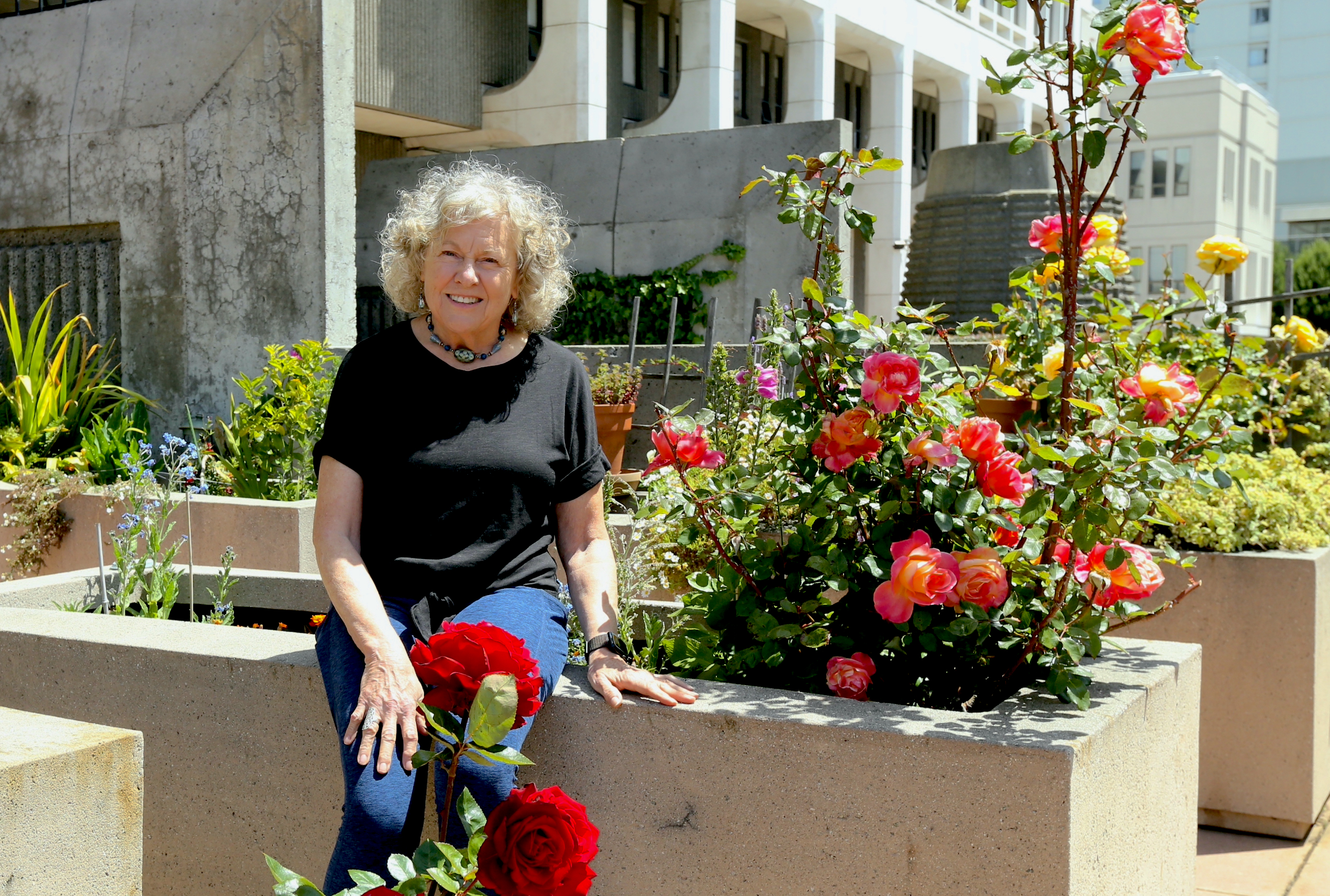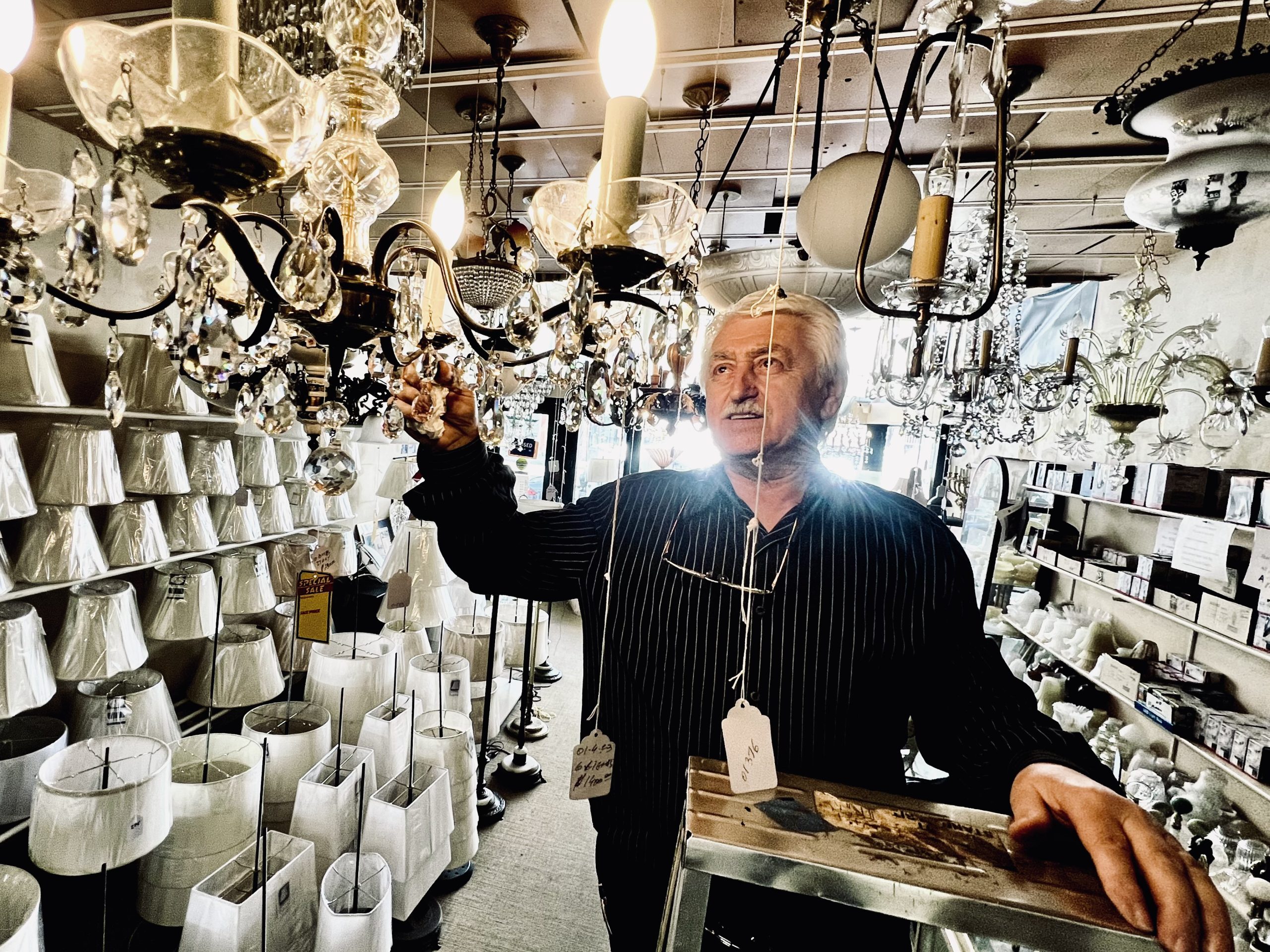Coping with Covid-19: Keeping one another safe generates flurry of informal, neighborhood mutual-help groups
Ninety-five-year old Molly McSweeney was recuperating at her daughter Julie’s house in Cole Valley when the Covid-19 shelter-in-place order came through. “My mom had been hospitalized for pneumonia twice since October. I knew I’d be risking her health if I went shopping, I’d feel so guilty if I brought the infection home.” That’s when Julie McSweeney remembered the flyer from Cole Valley Cares.
Cole Valley Cares is one of many Covid-inspired, neighborhood mutual-help groups sprouting up around the city to pick up groceries and other essentials for elderly, ill and immunocompromised San Franciscans. It started when Erika Lenkert, a Cole Valley native and founding editor of the food magazine “Gluten-Free Forever,” posted an announcement on the community’s Facebook page offering to be “of service.” Little did she know how big the response would be.
A few older people thanked her for her interest, but it was the offer of help from 75 younger people that surprised her. Young neighbors read her message on Facebook and wanted to help.
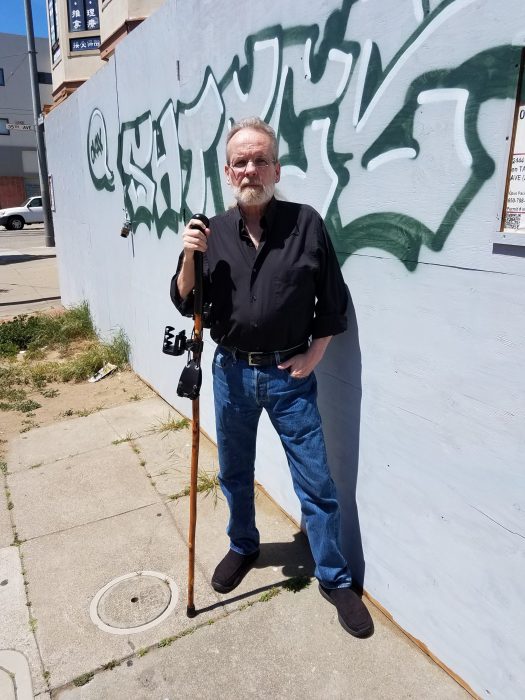
A similar post by artist Bianca Nandzik on the Sunset District Facebook page led to the formation of the Sunset Neighborhood Help Group. It launched with help from her tech-experienced husband, Stefan, and one the first people to answer her post, Frank Plughoff, a neighbor homebound by a neurological illness.
These Covid-inspired groups are largely informal. They have no staff. Everyone is a volunteer and there are no intake forms. Volunteers are reimbursed for their purchases but not for their service. . Groups typically create a website or social platform such as Facebook or Nextdoor, where seniors – the most vulnerable to the virus – can list their needs. Many groups also allow for call-ins. Volunteers monitor these and add the requests to their online list. The only requirement for receiving service is that you live in the targeted area.
‘Request being handled’
Before going out on their own errands, volunteers check their website. If there’s something they’re able to do, they notify the person seeking help and indicate on the group’s site, “the request is being handled.” More difficult requests – like applying for benefits – are referred to established agencies.
Some mutual-help groups, like Cole Valley Cares, focus on one neighborhood; Sunset Helpers supports an entire district. A few, like TogetherSF and SF Community Support, are citywide.
Nextdoor, a popular social platform organized around neighborhoods, has seen a 262 percent increase in members talking about helping each other since the virus infiltrated America, said ShannonToliver, Nextdoor’s communication coordinator. Tracking, as social media does so well, also showed:
- A 17-fold increase in member conversations about supporting local business;
- A seven-fold increase in members joining groups to help one another;
- Double the number of “Thank you’s.’”
The good side of social media
“The time for joining Nextdoor is now, when the power of proximity means everything” said CEO Sarah Friar. “People across the globe are reaching out to their neighbors with kindness and offers of help.”
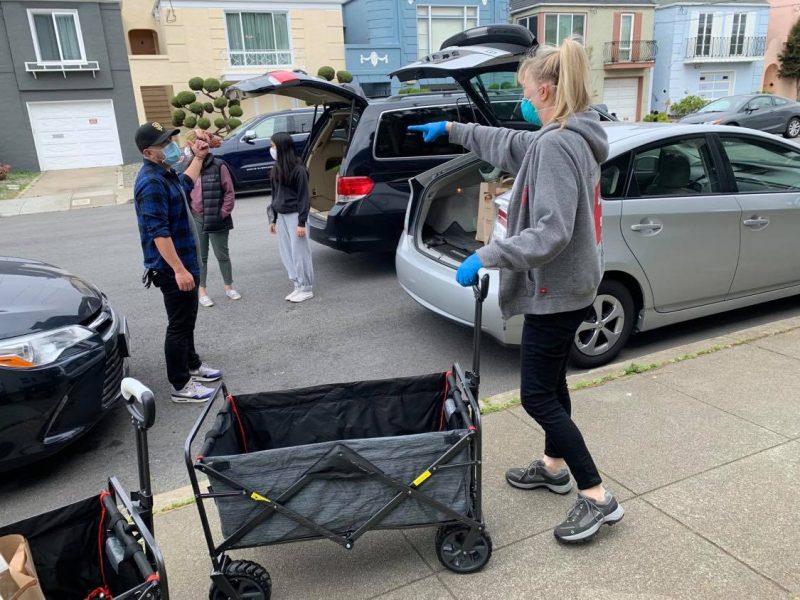
Shireen McSpadden, executive director of San Francisco’s Department of Disability and Aging Services, said it’s been “heartwarming” to see so many volunteers reaching out to care for their older neighbors. “It is really this informal network of care that allows the shelter-in-place order to function as well as it has.”
The flyer McSweeney retrieved didn’t mention helping adult children of seniors. Would they help her? But that was before she spoke with Lenkert. “We bonded over concern for our mothers.”
Lenkert’s mother, a 40-year-resident of the neighborhood, was the inspiration for Cole Valley Cares. “When my mother was older and needed help with things like changing a lightbulb or bringing something heavy up from the garage, her neighbors stepped up. They made it easy for her to live independently and get her needs met. I wanted to repay that.”
New neighborhood friendships
Less than 24 hours after McSweeney placed a request for help on Cole Valley’s Facebook page, three neighbors responded. One picked up items at Whole Foods. The other two went to Safeway but returned slightly short of the order.
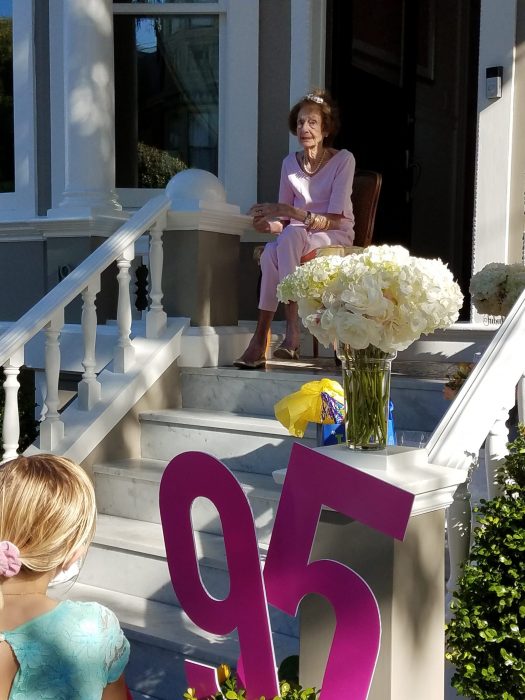
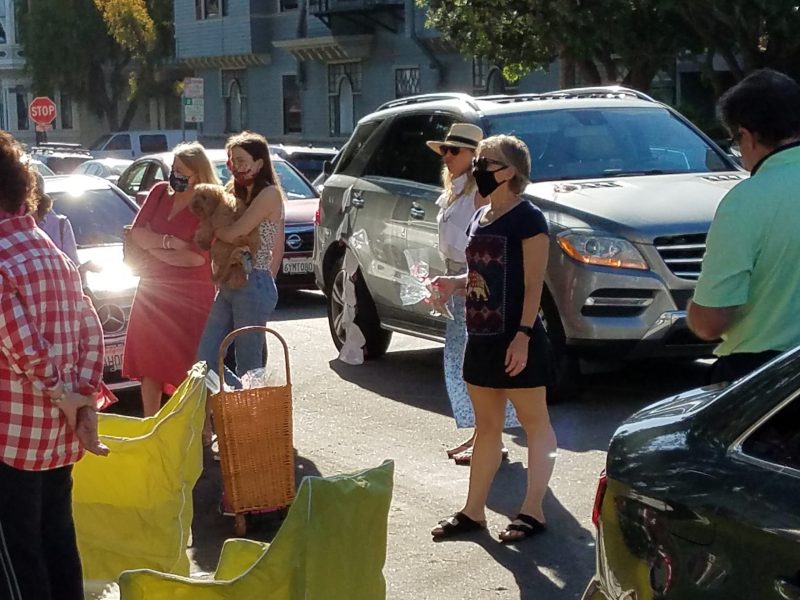
“They brought back almost everything but they couldn’t find my mother’s favorite mint chocolate ice cream,” she said. But the two young attorneys took it on as a personal challenge. “Later that night, the husband rang our doorbell. “He was jubilant. He’d found the ice cream at a corner store. He wouldn’t even accept payment. He said it was his gift to us.”
McSweeney and her mother were so moved they invited the couple over to celebrate Easter. “We made some lattes and placed them at the foot of the stairs. My mom sat in a chair at the top of the stairs and we all celebrated together.
“When we don’t need to shelter in place, mom wants to invite all of her CVC helpers to a Manhattan party. My mother loves Manhattans.”
Although Cole Valley is a small community of 2,000 households, McSweeney didn’t know any of these people before shelter-in-place orders. Now she and her mother consider them friends.
“They call us when they’re going shopping. It’s really heart-warming,” she said. “I don’t know what I would have done without Cole Valley Cares. They’re seeing I stay safe for my mother. Having these people around is a godsend.”
Neighborhood or citywide, help is available
Not all neighborhoods have their own mutual help groups, which is where organizations like SF Community Support and TogetherSF come in. Both boast large numbers of volunteers and a citywide reach. In addition to grocery shopping, wellness calls and pet care, SF Community Support offers tech support.
TogetherSF focuses on partnering with established social service agencies. “We send our members to organizations who need extra hands,” said Griffin Gaffney, one of its organizers. They are also developing a robust ‘phone buddies’ program “matching volunteers with seniors who want more frequent phone contact,” said Kanishka Cheng, another of its organizers.
The list of informal help groups continues to grow, as does the commitment of existing groups to meet Covid-19 inspired needs. NERT programs established to handle emergencies like earthquakes and fires provide ongoing support to isolated seniors. San Francisco Village and NEXT Village, the Community Living Campaign’s Community Connector programs, religious institutions and adult education programs are staying in touch with their members. Block clubs check on frail seniors. Members of the Board of Supervisors check in on constituents.
“It all seemed so reckless and hopeless in the beginning.” said Madeline Su of SF Community Support. “The silver lining of all this is there seems to be a greater care and compassion than there was before.”
And when we can all go out to the grocery store without worry – at least one group of new friends will celebrate with Manhattans.
RESOURCES FOR HELP
Cole Valley Cares For support call – 415-754-0560 – or email CV94117@gmail.com. Lenkert developed a template for others who want to start a mutual-help group – see https://bit.ly/2N73eAB.https://bit.ly/2N73eAB.
AARP Community Connections is a list of mutual-help groups by geographic location: https://aarpcommunityconnections.org/find-group/.
Sunset Neighborhood Help Group. Call 415-212-8770 or go to https://www.facebook.com/groups/sunsethelpers/.
SF Community Support. Call 415-636-7748, email hello@sfcommunitysupport.org or go to https://www.sfcommunitysupport.org/.
TogetherSF. Call 415-480-1566, email hello@togethersf.org or go to https://www.togethersf.org/.
The San Francisco Department of Disability and Aging Services has a 7-day/24-hour Resources Hub hotline, (415) 355-6700.



